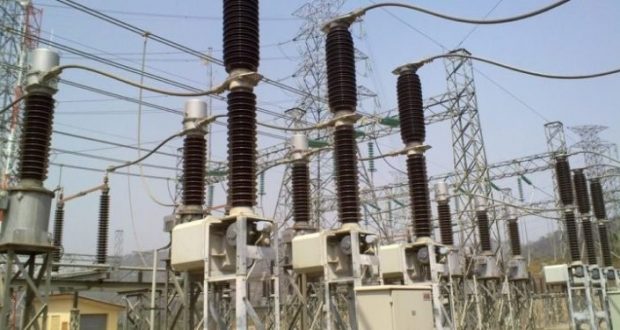Facing reality – The Nation
National grid no longer sustainable; we need alternative grid system
Despite government’s throwing approximately $16 billion at Nigeria’s chronically ailing power sector between 1999 and 2015, the myriad of challenges confronting the sector continued and even worsened considerably.
Inadequate power supply today remains a huge stumbling block to the revival of the economy and the attainment of sustainable growth and development. Identifying the Federal Government monopoly of the power sector as the root cause of the problem, the Dr. Goodluck Ebele Jonathan administration in 2013 privatised the sector.
This resulted in the National Electricity Regulatory Commission (NERC) replacing the erstwhile Power Holding Company of Nigeria (PHCN), as well as the emergence of 11 Electricity Distribution Companies (DisCos) and six Electricity Generation Companies (GenCos).
Despite this fundamental paradigm shift in the ownership and management structure of the power sector, the multitudinous problems associated with power supply in Nigeria continued.
Many analysts of the sector attributed this not to the privatisation per se but rather the perversion of the process of unbundling the former PHCN, with most of the new owners of the GenCos and DisCos lacking the technical capacity and financial liquidity to handle the new responsibilities they were given.
Thus, power supply in Nigeria continues to be associated with incessant power outages, load shedding as well as routine partial and total systems collapse of the national power grid.
The country continues to generate well below 4,000 megawatts of electricity for a population of over 200 million people, which explains why the vast majority of Nigerians live in darkness while millions of electricity consumers are made to pay for electricity not supplied as a resulted of the much loathed ‘estimated billing’ system resorted to by the DisCos due to the latter’s inability to provide consumers with meters in accordance with their stipulated obligations.
Speaking with newsmen during the 11th International Conference on Energy, Power Systems Operation and Planning (ICEPSOP) in Abuja, chairman of the NERC, Prof. James Momoh, appears to have hit the nail on the head as regards the root cause of Nigeria’s protracted power supply hiccups.
He submitted that the current centralised national grid system was no longer sustainable for a growing economy like Nigeria. With the theme, ‘Empowering Micro-Grid with Smart Attributes Development in the United States and Africa’, the conference was a gathering of stakeholders in the power sector interested in finding lasting solutions to Nigeria’s electricity problems, particularly the need to develop alternative grid system needed to drive the country’s development.
To break out of the current dysfunctional over-centralised electricity supply grid system, Prof. Momoh said the NERC has commenced a process that would trigger the construction of smart mini-grid systems in the urban and rural communities across the country.
Towards this end, the ICEPSOP conference dwelt considerably on discussing how the mini-grid works and of what benefit it will be for Nigeria, given the current centralised national grid system.
During the tenure of Asiwaju Bola Ahmed Tinubu as Lagos State governor, his administration’s effort to establish an Independent Power Production (IPP) plant to generate, first, 90 megawatts of electricity, and later 540 megawatts for Lagos State, independent of the national grid, was thwarted by the Federal Government, which claimed power supply was a federal responsibility.
However, under his successor, Mr. Babatunde Raji Fashola (SAN), many public facilities in the state – the secretariat, courts, public health facilities, public schools and the state house, among others – were provided with electricity through IPPs without recourse to the national grid.
It is good that the federal authorities are now waking up to the reality that dependence on a single, centralised electricity grid for the entire country has become anachronistic and unrealistic.
We urge expeditious action in facilitating the establishment of diverse mini-grids that will enable a larger number of players tap various power sources – coal, hydro, oil, gas, wind, solar, etc. – to provide Nigerians with electricity and decisively break the jinx in the sector.
If a single grid was good for the country decades ago, it is no longer so in the face of increasing demand for electricity and also considering the fact that the entire country catches cold whenever the grid literally sneezes.




